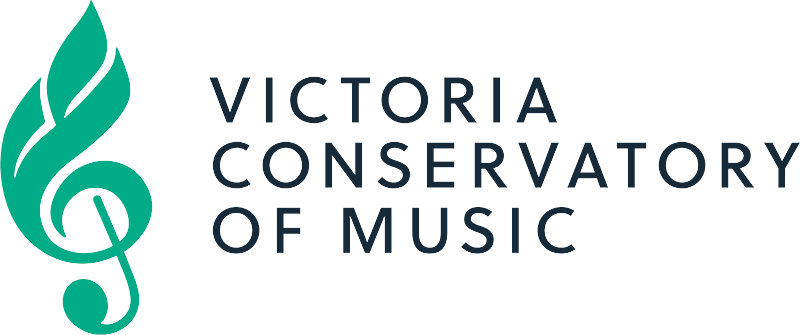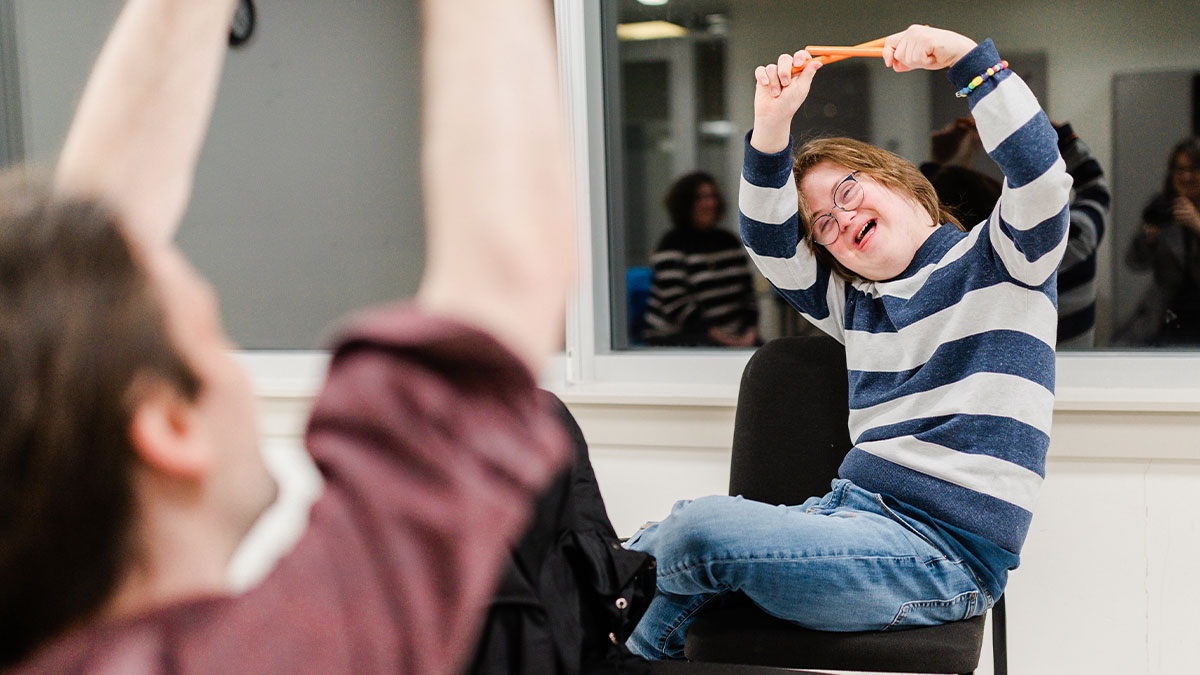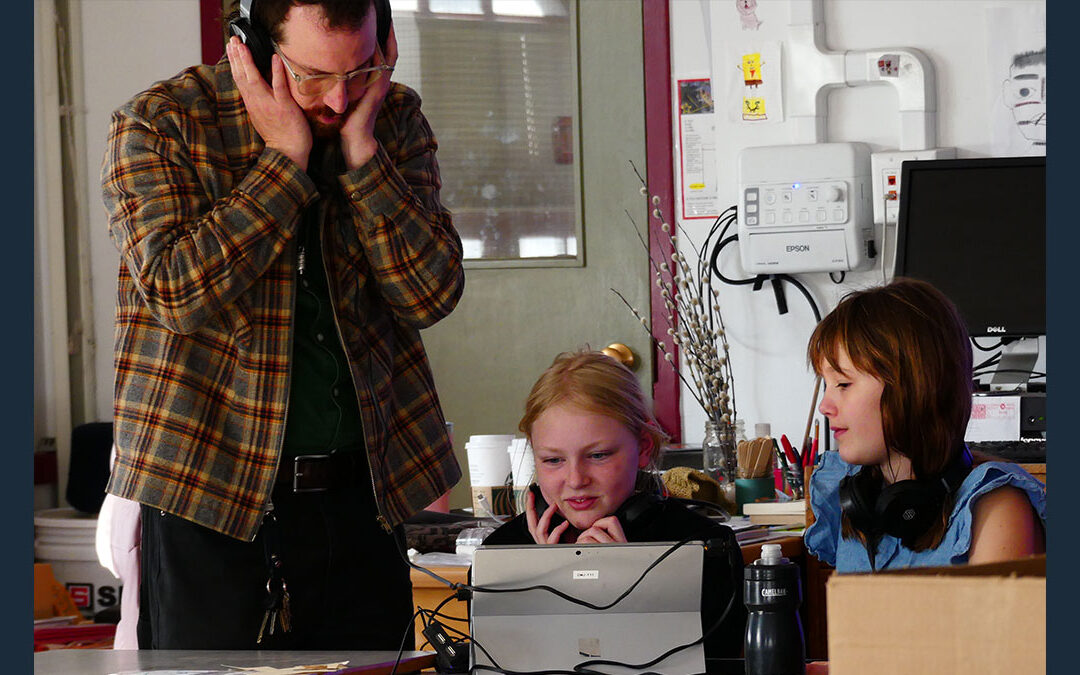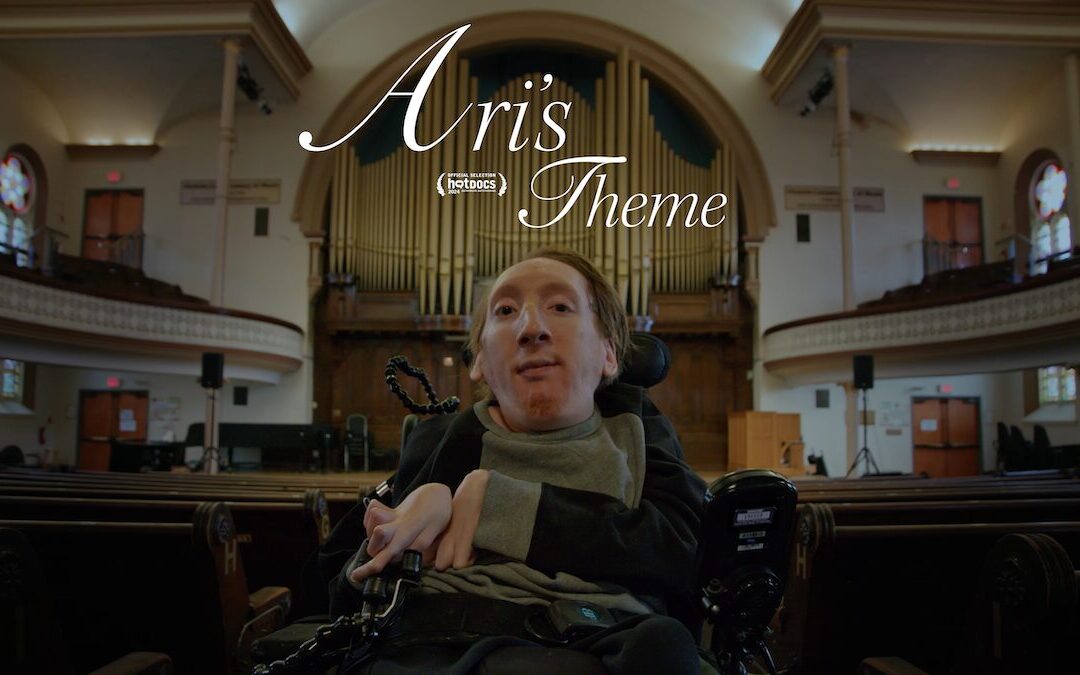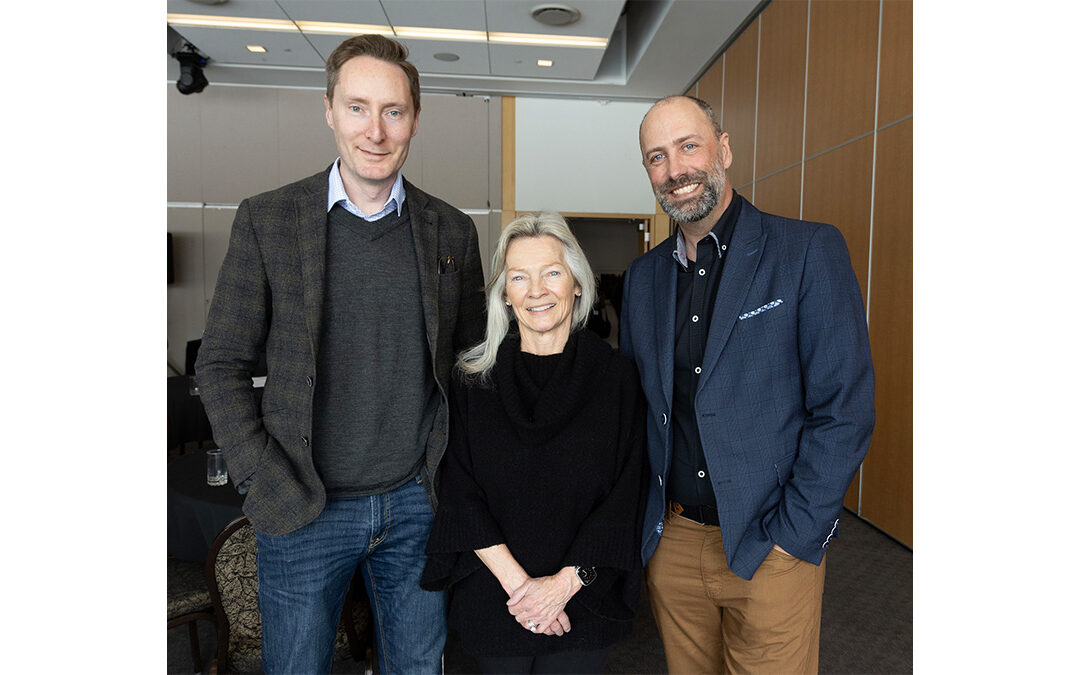March is Music Therapy Awareness Month, a time to celebrate the remarkable benefits of music therapy and the certified music therapists who use it to help people of all ages and abilities.
The Victoria Conservatory of Music is home to a world-renowned Music Therapy department. The department offers weekly sessions to an average of 1,900 participants. The youngest is under one year old and the oldest was 107 years old.
The Music Therapy department aims to enhance children’s and youth’s lives, and offers a therapeutic, creative, and nonverbal means of expression.
What is Music Therapy?
Music Therapy is the skillful use of music as a therapeutic tool to restore, maintain, and improve mental, physical, and emotional health. The nonverbal, creative, and affective nature of music facilitates contact, learning, self-expression, communication, and growth.
Music Therapy entails playing instruments, singing, rhythmic movements and dancing, improvising, composing, GIM (guided imagery and music), recording, and active listening. Sessions are offered in private or small groups. Each session is carefully designed for each participant or group.
Music therapists meet the need of children and youth with developmental and/or physical challenges, neurodivergence, brain injury, conduct and/or behavioural disorders, sensory and/or learning difficulties, and support those in palliative care.
Music Therapy improves the quality of life for all.
Creative and Nonverbal Expression
Music Therapy offers a creative and nonverbal means to expression. Each participant can make choices and deal with structure and goals in a creative way.
Music Therapy facilitates contact, learning, self-expression, communication, and growth. Some examples of utilizing a therapeutic, creative, and nonverbal means to expression are:
- Singing improves speech and language skills, articulation, breath control, communication, expression, and reception.
- Playing instruments increases gross and fine motor skills such as dexterity, coordination, balance, range of motion, and strength.
- Music enhances social skills such as active participation, engagement, interaction, self-esteem, and cooperation.
- Rhythmic movements and dancing facilitate mobility, agility, balance, muscular relaxation, spatial relationships, and endurance.
- Improvising offers a creative and nonverbal means to expressing feelings. Through vocal, instrumental and/or movement improvisation, one has the opportunity to make choices and deal with structure in a creative way.
- Composing develops cooperation, learning, sharing ideas and experiences, and increases social skills.
Music Therapy sessions
Music Therapy sessions are available at the Victoria Conservatory of Music at our Victoria and Langford locations, online for families living far from our South Island locations, and in person in assisted living, hospitals, and adult/elder care facilities.
Learn more about our Music Therapy department and contact Dr. Johanne Brodeur, Music Therapy Department Head for more information for your loved one.
250-386-5311 ext. 2030
